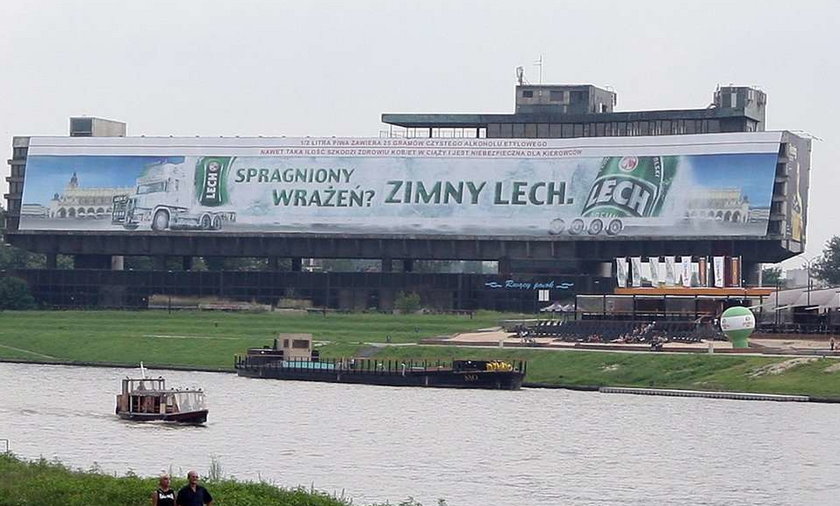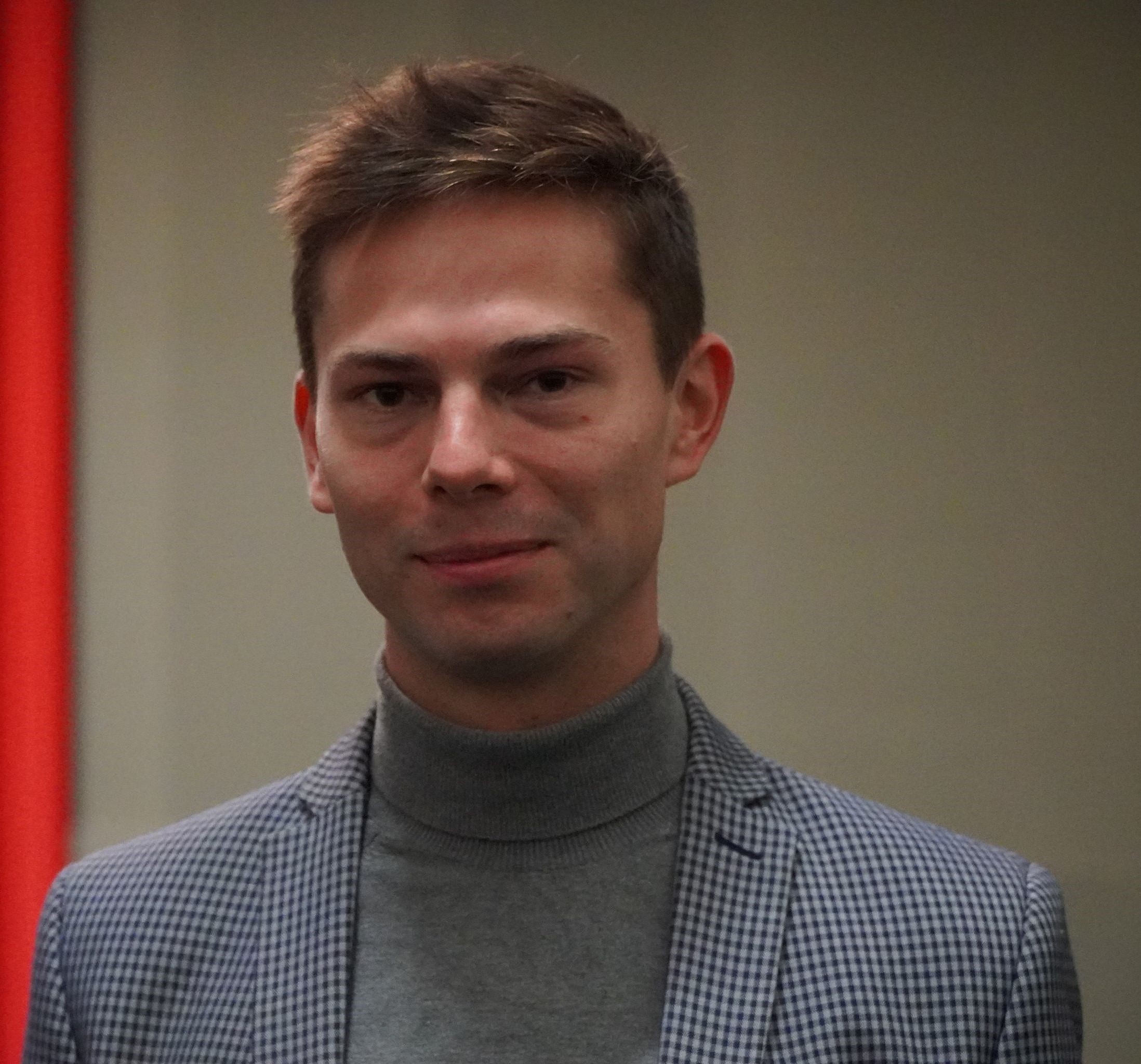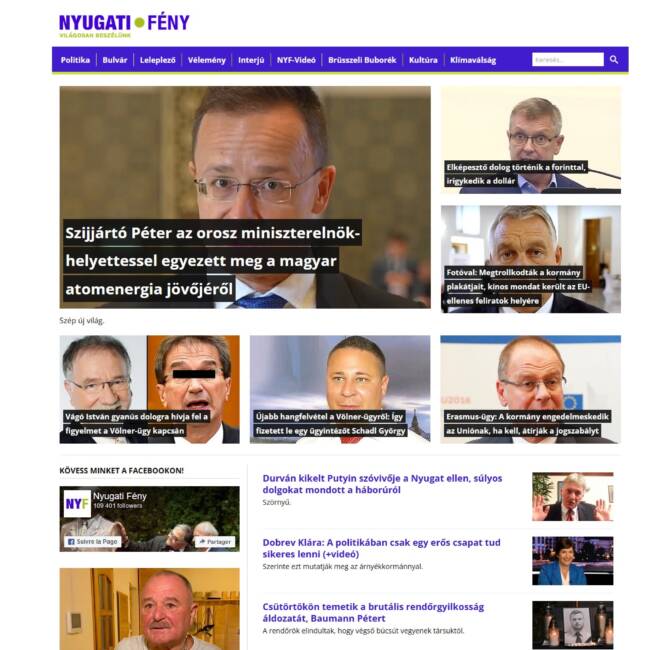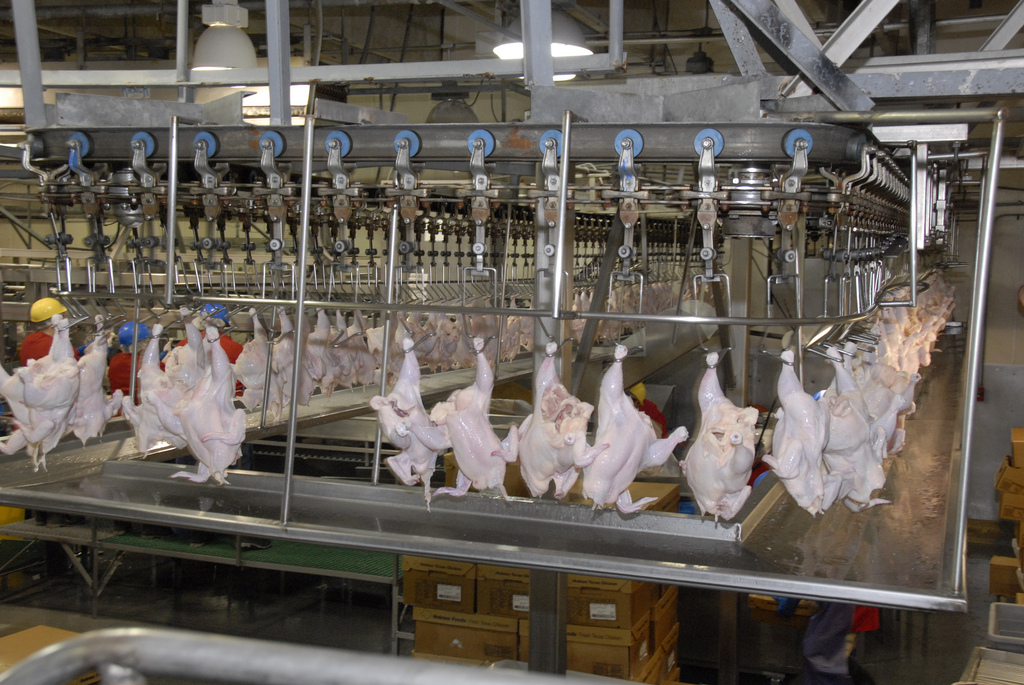Poland – On 10 April 2010, the Polish presidential plane crashed on the outskirts of Smolensk in western Russia, claiming the lives of 96 people including Polish president Lech Kaczyński and his wife Maria. This official delegation was on its way to Russia in order to pay tribute to the victims of the Katyn massacre.
To say that Donald Tusk’s liberal government (in office between 2007 and 2015) committed a few blunders in the months and years that followed this tragedy would be a huge understatement. Shady enquiries, the impossibility to recover the plane wreckage, desecration of the victims’ bodies, political lies and manipulation, compromising photos and recordings are just some of ambiguous elements surrounding this case, which would take hours to fully develop but it is not the purpose of this article to do so.
On the day that the tragedy struck, it was clear to everyone that nothing would ever be the same again. A sort of informal ceasefire between “pro” and “anti” Kaczyński militants came into being, which was something that had never happened before during the Polish president’s term in office (2005-2010), which was a time of a difficult coalition government but also of, as Polish journalist Sławomir Kmiecek put it, “an industry of disdain” focussed on the president, his twin brother Jarosław as well as other political figures associated with the Law and Justice Party (PiS) and their voters.
Adam Michnik, chef editor of the “Gazeta Wyborza” newspaper, qualified Jarosław Kaczyński’s government in 2006 of “a form of Poutinism”. In August 2008, following the return of President Lech Kaczyński from a visit to Georgia during which he was the victim of an assassination attempt at Tbilisi, Bronisław Komorowski, a future president and the then Marshal of the Sejm (as well as a close friend of Tusk), coldly said that “only a blind sniper can miss his target at a distance of 30 meters…a fitting attempt on a fitting president.” As for ex-president Lech Wałęsa, he was recorded at the time as saying that “we have a moron for president.”Radosław Sikorski, a future Marshal of the Sejm, also declared that he and his allies would “finish off the wolves” and then Prime Minister Donald Tusk stated that he had “no need of the president” when his administration refused to allocate a plane to the head of state to go to Brussels.
The insults levelled at the Kaczyński brothers often were beyond pale. During his presentation of “The Industry of Disdain 2” (Przemysłpogardy 2), Sławomir Kmieciek rattled off a long list of insults made against Lech and Jarosław Kaczyński between 2005 and 2013 in the press or on radio/TV. Amongst these, Kmieciek mentioned “necrophiliac”, “Satan”, “psychopath”, “pathetic idiot”, “pathological killer”, “butcher”, “illiterate person”, “gangster”, “dwarf beggar” and the list goes on and contains many other terms which would indecent to translate. It is important to bear in mind that these attacks were not found in some obscure publications found on the internet but were publicly pronounced by ministers, members of parliament, celebrities, etc.
The leaders of the PiS were not the only ones to have suffered from these swipes below the belt. Conservative voters were regularly called “PiSsoirs” or even “PiSsers”. At that time, the Civic Platform Party (Platforma Obywatelska-PO)held more sway over public opinion than the current Polish government, having almost all the foreign and national media outlets, be they political left-wing moderates, post-communists, pop-culture artistes and entertainers or even university directors (Z. Krasnodebski, Wielkie spełnienie czyli postliberalizm po polsku, “Rzeczy Wspólne” 2012, nr. 7). Criticising the “Kaczors” (a derogatory term based on a play on words using the surname of the deceased president and his brother which translates as “ugly duck”) was sort of call sign that declared that you were part of the ruling elite. PO also could count on the support of the mainstream media political might of the EU as well as the Russian and German governments.
On 10 April 2010, the president’s plane crashed down leaving no survivors. It was the perfect moment to bury the political hatchet as thousands of people descended into the streets of Warsaw in order to pay homage to the deceased together in silence, putting aside all their political allegiances. It was difficult to be moved by the sight of crowds holding aloft Poland’s national colours. Even the most ardent political enemies of the presidential couple were spotted in the street, bearing long faces. People were hugging each other, embracing each other and for one, the Polish people seemed really unified. Some even considered that this tragedy was perhaps “the price to pay” to unify the nation once more, with Adam Michnik going as far as to consider the deceased president as “a great Polish patriot and a magnificent person”.
This emotional and hopeful moment was, helas, fleeting. Hardly three days had passed for this atmosphere of unity and fraternity to change into bitter and radical polarisation. On the day of the crash, Władysław Bartoszewski, then minister of foreign affairs, declared that “in reality, nothing really serious happened.” A few days later, he rose the stakes even higher by saying that “in 50 years, no-one would remember this.” These declarations were only published in the press a month later.
In May 2010, Janusz Palikot, ex-member of PO and leader of the ultra-liberal party “Your Movement” (Ruch Palikota) stated that his “favourite dish was duck (edit. “kaczka” in a play of words with the deceased president) à la Smolensk with a Bloody Mary (edit. with reference to the deceased First Lady, Maria)”. Palikot reiterated on several other occasions that the Smolensk tragedy was created by “the stupidity, recklessness, arrogance and ego” of the deceased president before added that “Lech Kaczyński has the blood of the crash victims on his hands”. (S. Kmicek, Przemysłpogardy, Vol. I, pg.302.).
The Poles that came together on the tenth day of each month to pay their respects to the crash victims, and that rebuked the dubious conclusions of the Russian and Polish commissions (known under the names of “MAK Report” and “Miller Commission”), were quickly ridiculed and called “the Smolensk Sect” or “Holy Church of Smolensk” amongst other things.
Andrzej Stasiuk, a writer closed to Gazeta Wyborcza, called one of these sheep “Smolensk” and one of his ewes “Smolensk 2”, explaining that it was his way of commemorating the tragedy. (A. Stasiuk in discussion with D. Wodecka, Poszukajsynkusam, Magazyn Gazety Wyborczej », 07-09 April 2012). It should be borne in mind that in the Polish language, the word for “ewe” (baran) is used as an insult towards a person that is considered stupid.
Lech, the Polish beer producer, caused controversy during the summer of 2010 after displaying a huge advertising billboard on the Forum Hotel, located near Wawel Castle (where President Kaczyński now rests), with the slogan: “Thirsty for thrills? Cold Lech!”. The word “cold” in Polish can also be translated as “dampen”. The radical left-wing feminist, Magdalena Środa, commented on this controversy thus: “This is good. Lech Kaczyński got what he deserved. Neither he nor his party ever protested against the sexist advertising that is rampant in Poland. He was thus rightly punished.” (M.Narbutt, Wszystko dozwolone: mrożący chłód krypty, « Rzeczpospolita », 31 July 2010).

On this ground where people came to pay their respects to the presidential couple, certain individuals kicked over candles and flowers. Some even urinated on these objects. People gathered before the presidential palace to pray, or simply to gather together, were provoked, insulted and shoved. Whilst we can say that the government at the time didn’t take an active part in this pitiful display of vulgarity, it is undeniable that it didn’t try to stop it.
On 19 October 2010, Ryszard Cyba, an ex-member of PO, armed with a pistol, a knife and a taser, broke into the PiS offices in the city of Łódź before killing a sixty-year-old man and severely wounding another man. Cyba later acknowledged that he had come to the offices with the intention of assassinating Jarosław Kaczyński.
Finally, there is the case of professor Alexandre Douguine, one of Russia’s foremost scholars. Four days after the Smolensk crash, while he was being interviewed for the Russian information site Nakunune.ru, Douguine explained that Lech Kaczyński’s visit to Katyń was “an act of aggression against Russia…aimed at stirring up pro-Western, Catholic and Russophobe forces of Poland.” He later said that “any person that comes to Russia with the intent of damaging its image, will die” and that the presidential air crash was “an immanent demonstration of justice…and the forces that struck down the airplane are no clowns…” (A. Dougine, za T. Święcowicz, Złyduchcara Putina, « Gazeta Polska », 02 April 2014)
The examples given above are just a small part of this “industry of disdain” that continues to impede respectful debate and discussions between civilized people, be it on the subject of the Smolensk crash or any other polarising subject.
—
Translated from French by the Visegrád Post




